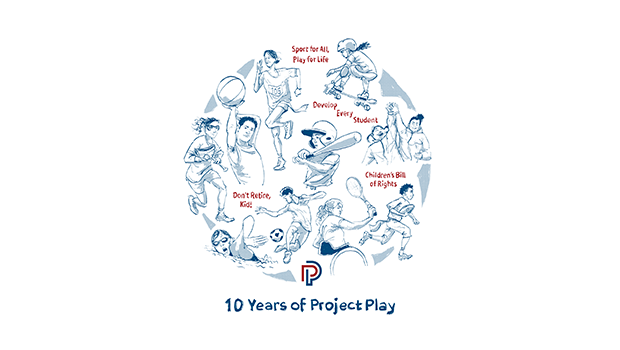A legendary basketball executive pondered the continual disruption of business, media, and society during a small conference on our Colorado campus.
David Stern, who for three decades was the commissioner of the National Basketball Association, passed away on New Year’s Day at the age of 77. His time there made Stern the longest-serving commissioner in US sports, and during his tenure the NBA expanded its presence globally, grew into a massive media and cultural force, and became — unabashedly — big business, with revenues growing from $100 million a year up to $5 billion.
No leader with such a track record will be free of strife, but the NBA is notable for its very lack of scandal under his leadership (indeed, while relocation controversies and a player walkout made news, the biggest scandal might have been 2006’s attempt to replace the leather basketball with one of microfiber).
In 2014, shortly after his NBA retirement, the Aspen Institute welcomed Stern as a participant in a small, multi-day seminar. He shared career insights during a roundtable on Institutional Innovation hosted by our Communications and Society program. Joining other leaders from the public and private sectors, Stern explained how a high-profile behemoth like the NBA adapted and innovated as the world changed.
In a report summarizing the roundtable, for instance, Stern addresses the dilemma of media access. Broadcasting of games was the league’s biggest income stream – and there was great pressure to lock the rights to rebroadcast down. But Stern was smart enough to foresee the value of what would later be called “viral content,” and while the NBA retained control of its broadcasts, it made a commitment to encourage the sharing of game highlights without usage fees. That made the NBA a regular in local sports broadcasts (didn’t every evening local news program have a montage of impossible shots?), and as technology advanced, commentators and fans were sharing in every medium available over the air or cable or internet.
In Stern’s thirty years, the NBA went from a 24-person office to a business with 1,500 employees. While he hired the first 150 himself, he soon realized that his role was one of coach and mentor, as well as one who could take the counsel of his own employees and the team organizations that were part of the league. He was, until the end, a generous soul who practiced the art of “episodic micromanagement.” He believed that a leader should lay low when things are going well, but should be prepared to be fully engaged in a crisis or opportunity at a moment’s notice.
We were happy to have him share his wisdom with us, and are grateful that we were able to capture some of it in our roundtable report.

